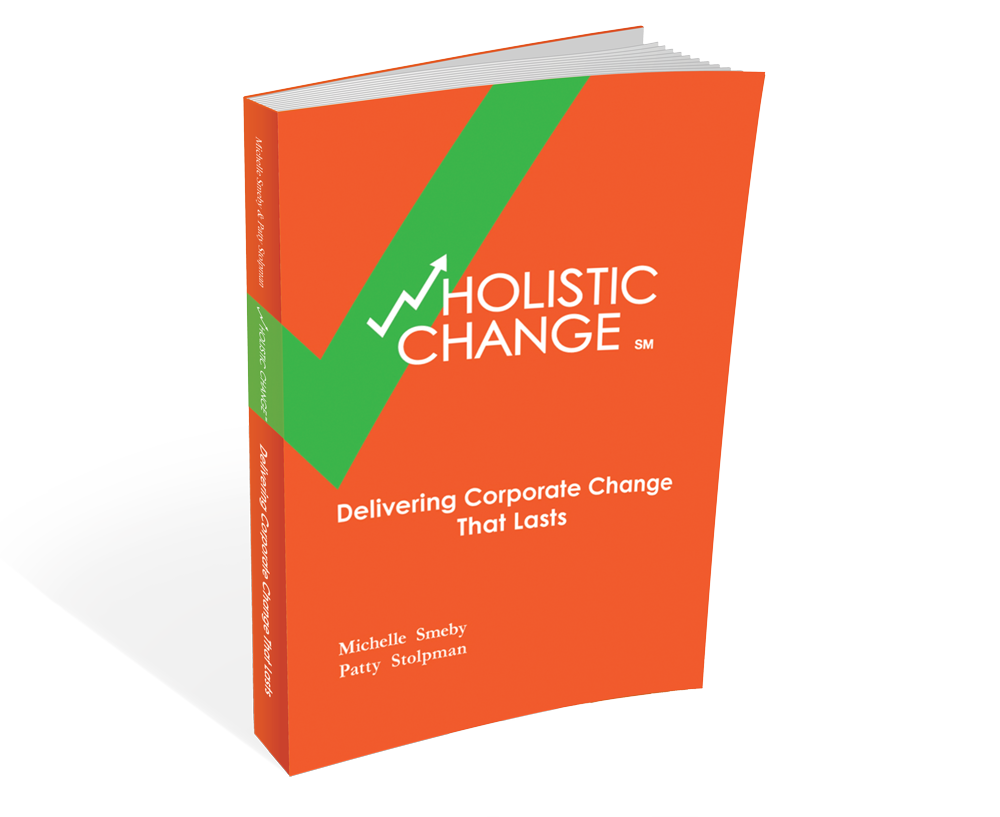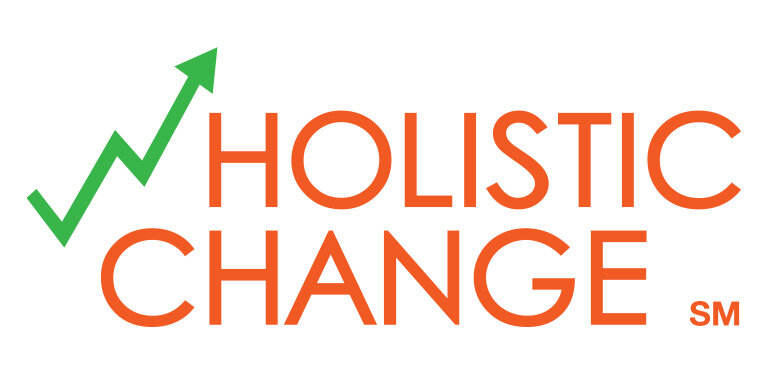Seth Godin recently blogged about how people can undermine a project, even before it gets started, by mentally coming up with all of the excuses why the project is going to fail.
Quietly, our subconscious starts looking around for an excuse, deniability and someone to blame. It gives us confidence and peace of mind. [It's much easier to be calm when the police car appears in your rear view mirror if you have an excuse handy.]Amazingly, we often look for the excuse before we even accept the project. We say to ourselves, "well, I can start this, and if it doesn't work perfectly, I can point out it was the ..." Then, as the team ramps up, bosses appear and events occur (or not), we continually add to and refine our excuse list, reminding ourselves of all the factors that were out of our control...People who have a built-in all-purpose excuse (middle child syndrome, wrong astrology sign, some slight at the hands of the system long ago) often end up failing--they have an excuse ready to go, so it's easier to back off when the going is rough.Here's an alternative to the excuse-driven life: What happens if you relentlessly avoid looking for excuses at all?Instead of seeking excuses, the successful project is filled with people who are obsessed with avoiding excuses. If you relentlessly work to avoid opportunities to use your ability to blame, you may never actually need to blame anyone. If you're not pulled over by the cop, no need to blame the speedometer, right?
As you begin to launch your change, make sure the entire change team has the appropriate attitudes: you understand the business case for the change, you are ready to champion the change to your organization, and that you have created all of the tools necessary (including a continuous improvement mechanism to address the gaps you will uncover along the way) to make it a success!

